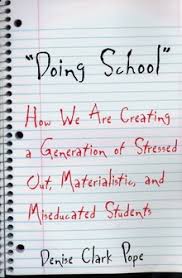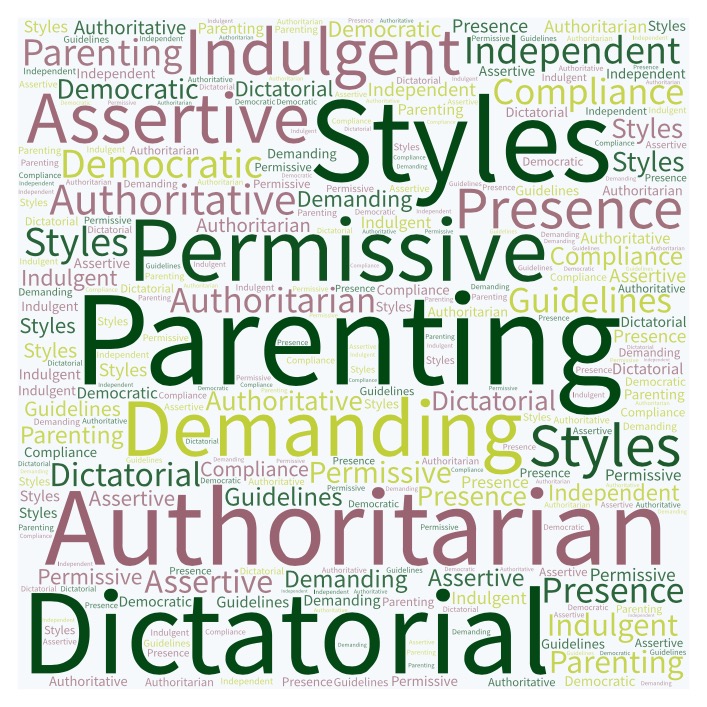Although math concepts can appear to be more “black and white” than other subjects, it includes a number of skills and concepts that are difficult for students to fully comprehend, apply and generalize. After about second grade, concepts become increasingly abstract and complex, and the language and terminology become more nuanced. If deficits exist, it is difficult to progress in math ability, as skills continuously build on one another. There are several reasons a child may struggle in math (Allsopp et al., 2007).
For both adults and children, processing occurrences of mass tragedy and natural disaster is a sensitive, highly individual, complex, and usually lifelong process. As the greater Nashville community lives in the wake of Tuesday morning’s tornadoes, which devastated our city, and as we are barraged with media drawing our attention to injuries, deaths, destruction and trauma, many parents and caregivers wonder about how best to talk to or support their children.
Recently, I have developed increasing concern for our teens and the level of pressures they feel. In my conversations with parents, I hear comments such as “Don’t provide him with accommodations for his dyslexia; he needs to do it on his own, or he’ll never learn;” or “I know she has executive function deficits and sometimes struggles to turn in her work on time, but she’ll learn, if you just give consequences;” or “I’m going to put him in another independent school before he goes to college, or he will never make it in life. He doesn’t need all these supports.”
As mentioned in last week’s post, it was suggested that the first place to start in helping a teen gain more independence is to evaluate one’s own parenting style. The parenting style referred to as the authoritative or assertive-democratic style typically is more closely aligned with the parent who wants to gradually release control so the teen becomes a wise decision-maker and can successfully live independently. In this style, the parent provides emotional support to the teen but also sets expectations and guidelines while involving the teen in some decisions when appropriate.
Currey Ingram Advantage
- What difference could the right school make in your child’s life?
- Imagine what success can look for your child.
- Our approach to teaching and learning is designed to empower every student to reach his/her fullest potential.









